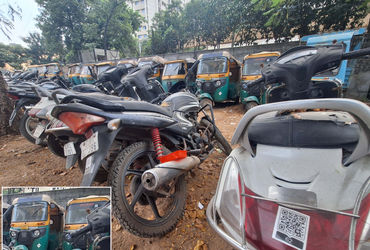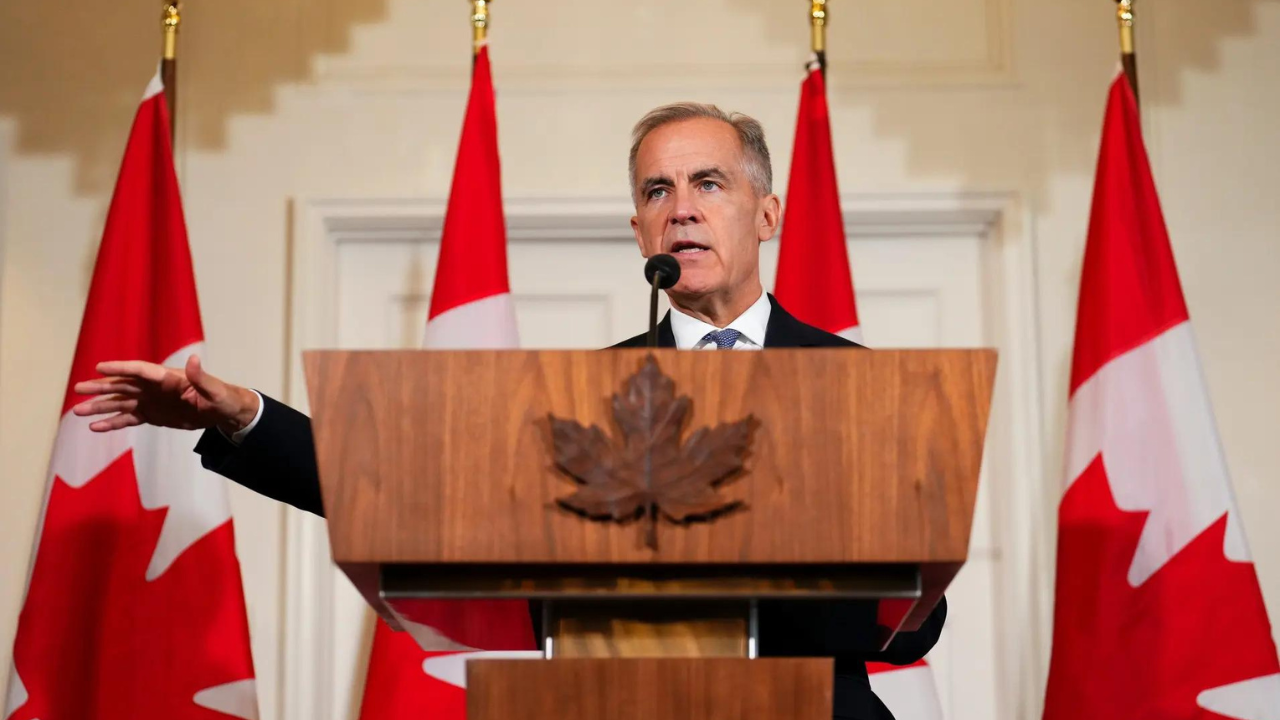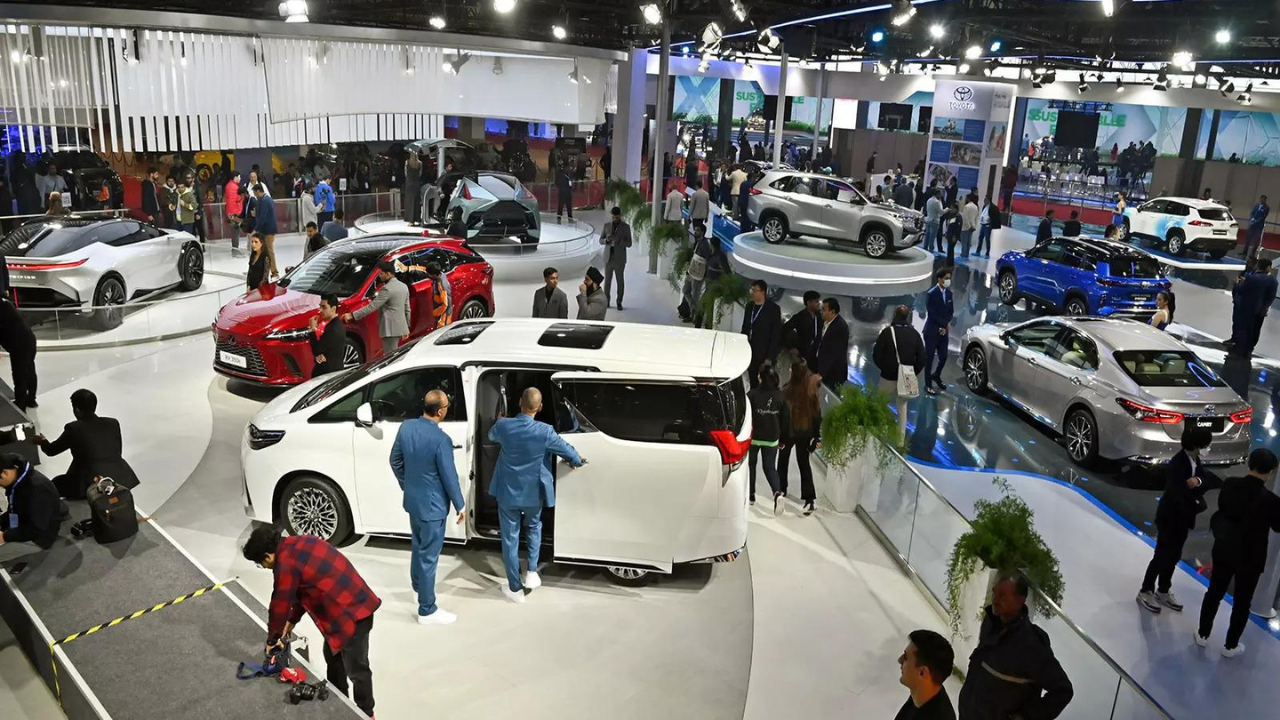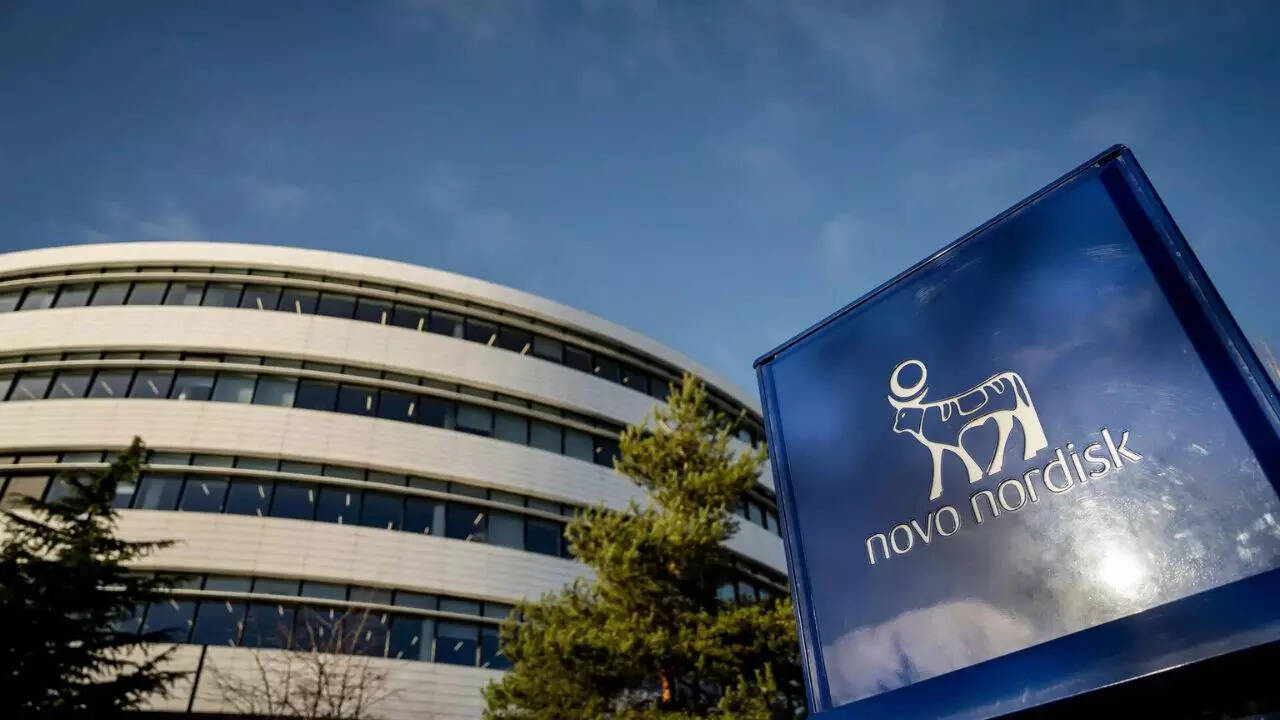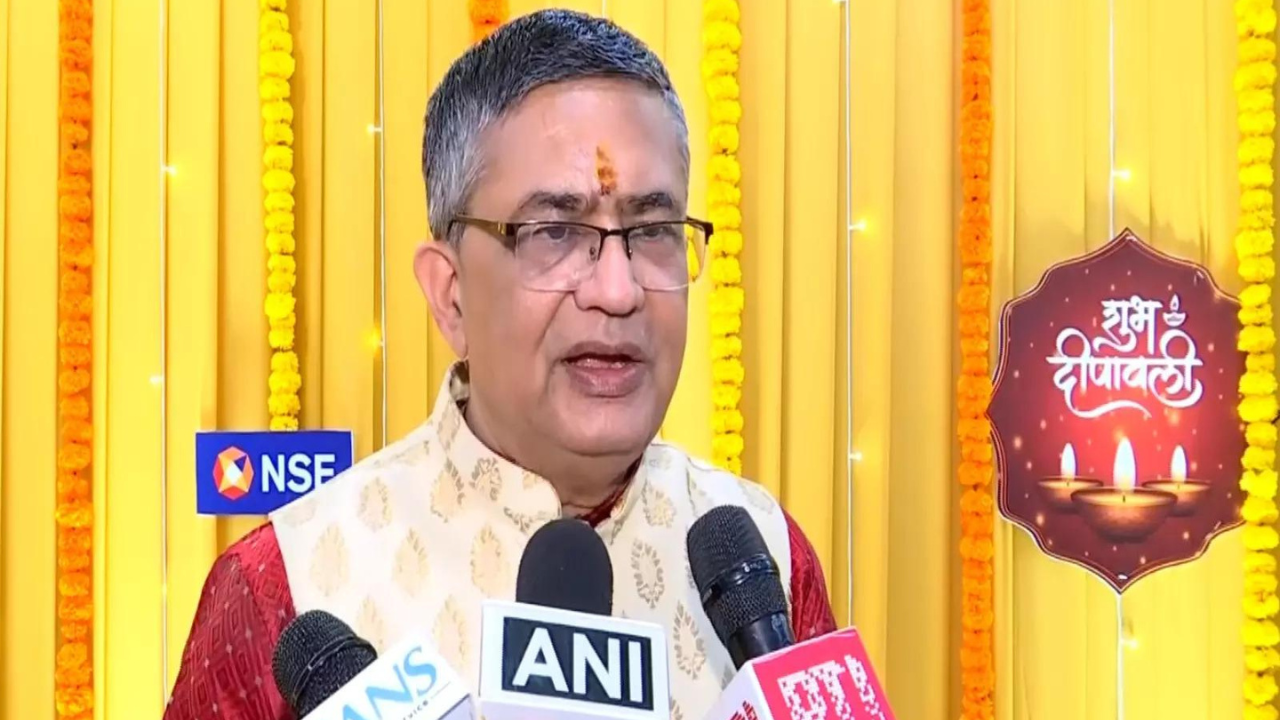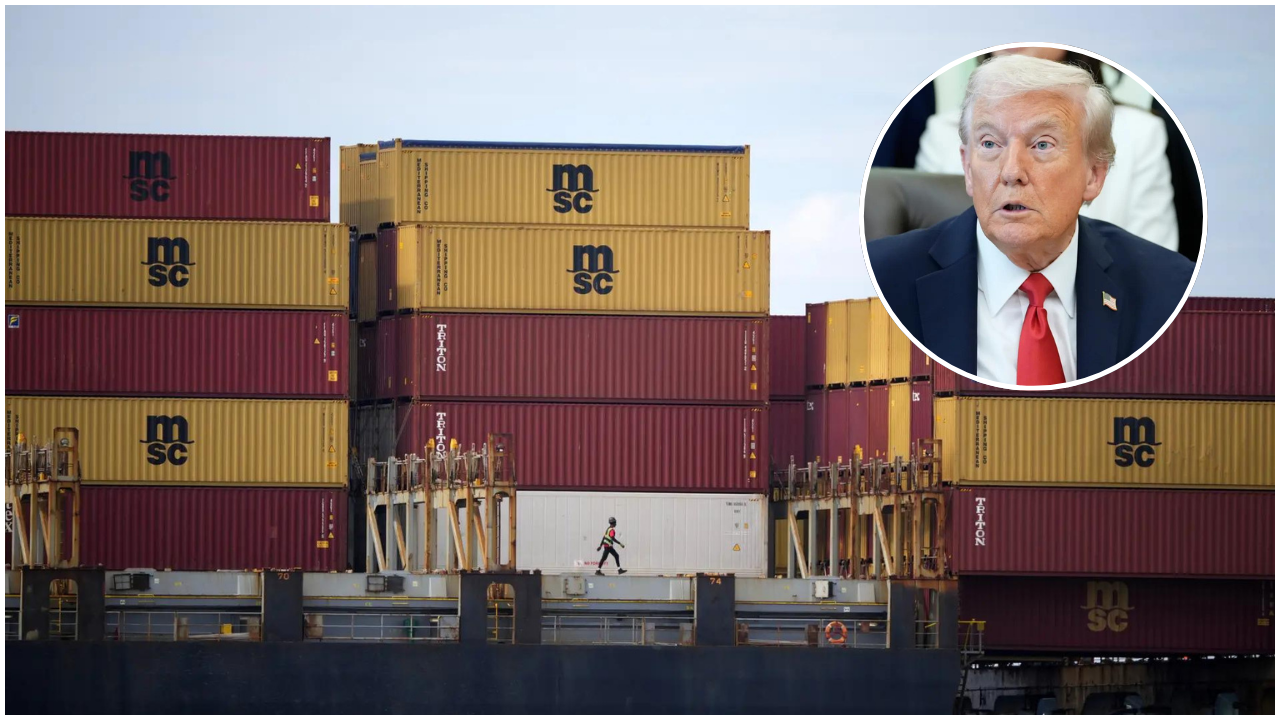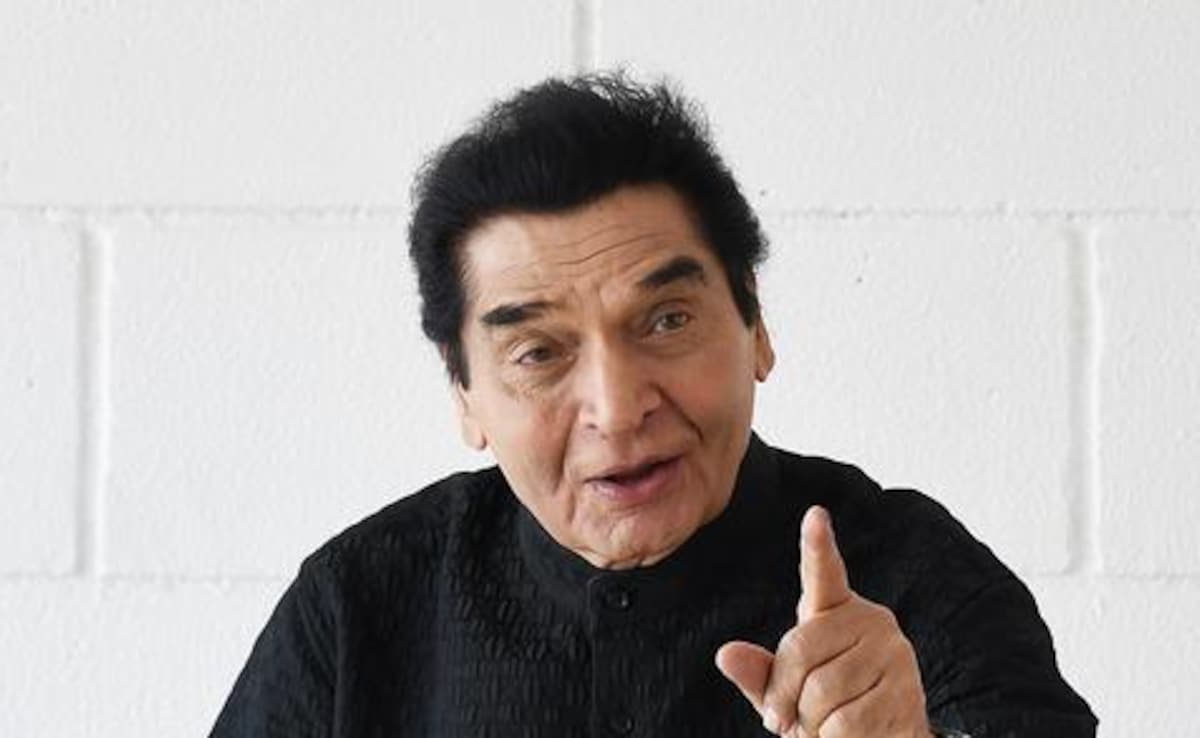In the era of ‘degrowth’, how long can business schools keep teaching about maximising profits?

Join our WhatsApp Community to receive travel deals, free stays, and special offers!
- Join Now -
Join our WhatsApp Community to receive travel deals, free stays, and special offers!
- Join Now -

Endless economic expansion isn’t sustainable. Scientists are telling us our planet is already beyond its limits, with the risks to communities and the economy made clear in the federal government’s recent climate risk assessment.
Sustainability is a hot topic in Australian business schools. However, teaching about the possible need to limit economic growth – whether directly or indirectly related to sustainability – is uncommon.
Typically, business school teaching is based on concepts of sustainable development and “green growth”. Under these scenarios, we can continue to grow gross domestic product (GDP) globally without continuing to grow emissions – what is known as “decoupling”. It’s a “have your cake and eat it too” promise for sustainability.
Our new research published in the journal Futures shows business students themselves are interested in learning the skills they would need under an alternative post-growth future.
Alternatives to ‘growth is good’
There is mounting evidence of the difficulty of “decoupling” economic growth from emissions growth. The United Nations goals of sustainable development are “in peril”.
This has led to increased interest in no-growth or post-growth economic models and to the movement towards degrowth. Degrowth means shrinking economic production to use less of the world’s resources and avoid climate crisis.
Explicit teaching of degrowth rejects the belief in endless growth. This presents a challenge to traditional concepts in business education, including profit maximisation, competition...
Read more
What's Your Reaction?
 Like
0
Like
0
 Dislike
0
Dislike
0
 Love
0
Love
0
 Funny
0
Funny
0
 Angry
0
Angry
0
 Sad
0
Sad
0
 Wow
0
Wow
0


